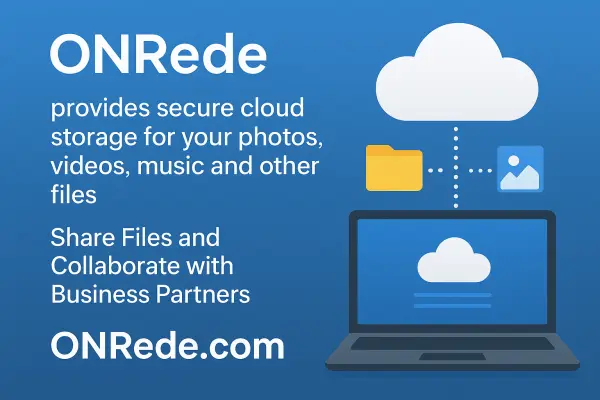Best Business Bank Accounts in the UK
Best Business Bank Accounts in the UK: A Comprehensive Guide for 2024 With various offerings across the UK, understanding what each bank provides is essential to match the best services to your business needs. Here's a breakdown of some of the best business bank accounts available in the UK in 2024.
November 04, 2024 13:06
1. Starling Bank
- Type: Digital-only bank
- Key Features:
- No monthly fees: Starling Bank offers a free business account, making it an attractive choice for startups and small businesses.
- Integrated tools: Includes invoicing features, automated expense categorization, and real-time notifications.
- User-friendly app: The mobile app is highly rated for its ease of use, security, and comprehensive insights.
- Pros: Free UK bank transfers, FSCS protection up to £85,000, and no hidden fees.
- Cons: Primarily digital, so it may not suit businesses needing in-branch services.
2. Tide
- Type: Digital-only challenger bank
- Key Features:
- Fast account setup: Open an account in minutes, ideal for sole traders and small businesses.
- Expense management tools: Includes automated categorization and the ability to upload receipts.
- Access to business loans: Offers funding options tailored for small businesses.
- Pros: Low fees for basic transactions, easy-to-use app interface.
- Cons: Limited customer support options and some advanced features come with a cost.
3. Lloyds Bank
- Type: High-street bank
- Key Features:
- Comprehensive business support: Includes access to expert advice and resources for business planning.
- Branch network: Offers in-branch services for businesses that prefer face-to-face banking.
- 12-month free period: New customers can enjoy free everyday banking for the first year.
- Pros: Strong brand reputation and a wide range of financial products.
- Cons: Monthly fees apply after the initial free period, and high fees for international transactions.
4. HSBC Kinetic
- Type: High-street and digital hybrid
- Key Features:
- App-centric: HSBC Kinetic is tailored to small businesses looking for a flexible, app-driven experience.
- Integration with accounting tools: Connects seamlessly with software like Xero and QuickBooks.
- Overdraft facility: Flexible overdraft options are available.
- Pros: Combines the reliability of a high-street bank with modern app convenience.
- Cons: Monthly fees post-free trial and possible charges for cash deposits.
5. Revolut Business
- Type: Digital-only bank
- Key Features:
- Multi-currency accounts: Manage and exchange multiple currencies at real exchange rates.
- International payments: Low-cost transfers make it ideal for businesses working across borders.
- Advanced integrations: Connects with apps like Slack, Zapier, and accounting software.
- Pros: Competitive rates for international money transfers, high-tech security.
- Cons: Tiered plans mean the most robust features come at a higher cost.
6. Barclays Business Banking
- Type: High-street bank
- Key Features:
- Support for larger enterprises: Aimed at medium to large businesses with more complex needs.
- Online and mobile banking: Access banking services through a feature-rich app and online portal.
- Free banking for 12 months: Available for new businesses as a promotion.
- Pros: Offers an extensive suite of financial services and tailored support.
- Cons: Higher fees after the promotional period and fewer perks for smaller businesses.
Factors to Consider When Choosing a Business Bank Account
- Fees and Charges: Understand the cost structure, including monthly fees, transaction charges, and any hidden costs.
- Ease of Use: Evaluate the quality of mobile and online banking platforms.
- Customer Support: Check if customer service is easily accessible and meets your business's needs.
- Additional Features: Look for services like accounting integrations, overdraft facilities, and cash flow management tools.
- Reputation and Reliability: Research the bank’s reputation, security measures, and feedback from other business users.
Conclusion
The right business bank account will depend on the nature of your business, its size, and your specific needs. For tech-savvy entrepreneurs and small businesses, digital banks like Starling or Tide might be ideal. For those who require more comprehensive services and in-person banking, Lloyds, HSBC, or Barclays could be a better fit. Carefully assess the features and costs to select the account that best supports your business growth.
By choosing wisely, you'll streamline financial operations and set a solid foundation for your business's future.








